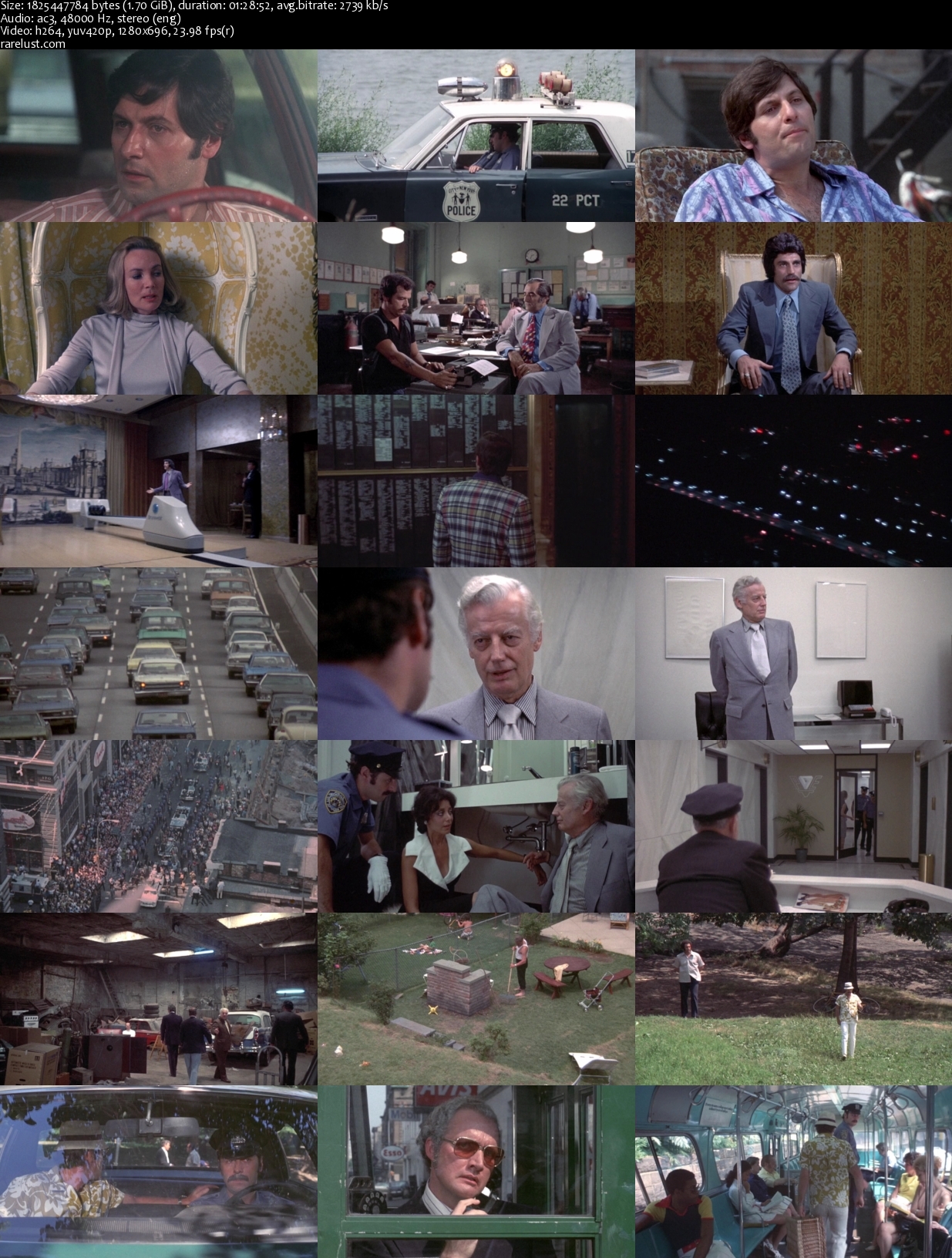
But since we have it immediately after a \E, it can't be immediately after a \. (+ is not part of any legal group structure, and will generate a compile-time error ("Incomplete group structure" and/or "The preceding token is not quantifiable" / "quantifier does not follow a repeatable item") anywhere other than: And if we weren't in one, but are preceded by a \, then it will be treated as a literal \E, and we'll still be guaranteed not to be inside a \Q. By starting this one with \E, we break out of such a sequence if we were in one.

So, you could prefix any program with TRUE-a valid expression-after which anythign afterwards would be undefined behaviour. Technically, knight programs aren't allowed to contain anything outside of \r, \n, \t, or - ~, so you could just submit for a one byte solution.Īdditionally, each knight program is exactly a single expression handling things after that experssion is up to the implementation. (The definition of this "trailing section" is language-dependent, but generally means any text after the parser has entirely stopped reading the script).īut this can be embedded into the larger program """ Make sure to make a note of that in your answer. For such languages, you may submit a solution that can appear only in such a trailing section. Bash, Batch, Perl) allow arbitrary binary data to be appended to a program without affecting validity (e.g. one that doesn't produce any errors) that contains the proposed substring. More specifically, you should provide a link to TIO or equivalent demonstrating a legal program (i.e. Dispute incorrect solutions in the comments.You should explain why your string is illegal (why it cannot appear anywhere in a legal program).Shortest illegal string for each language wins.The error does not have to be the same across programs - one embedding of your string might cause a syntax error, while another might cause a runtime error.
RUNIX COPS AND ROBBERS CMDS CODE


passing a flag to convert warnings into errors). You cannot pass some weird flag to your compiler to get a specific result (e.g. Only standard compiler/interpreter/runtime options are permitted.Your program may be specific to a particular version or implementation of your language's compiler/interpreter/runtime environment.That includes comments, strings, or other "non-executable" parts.

The challenge is to find a string of characters that cannot appear in any legal program in your programming language of choice.


 0 kommentar(er)
0 kommentar(er)
